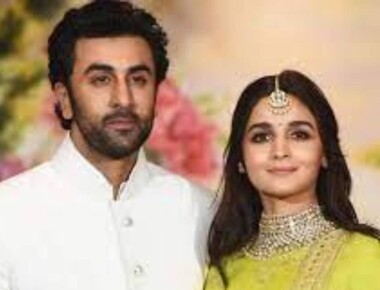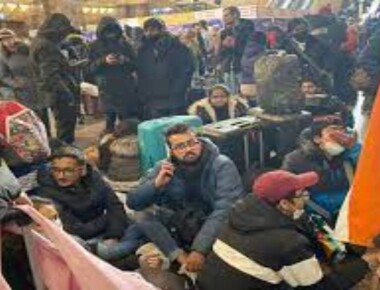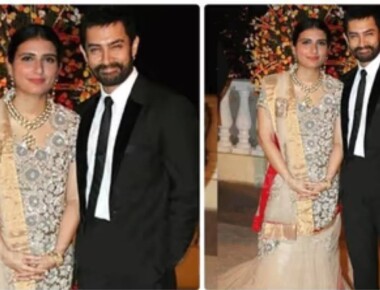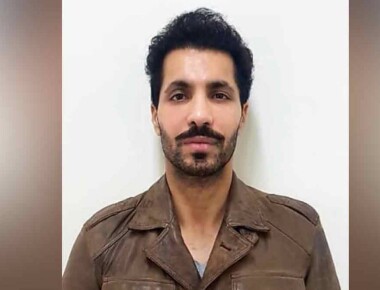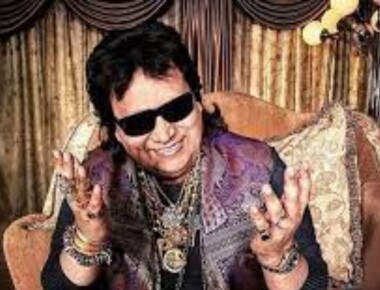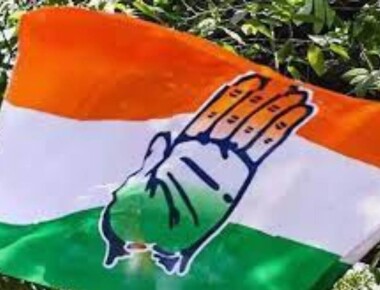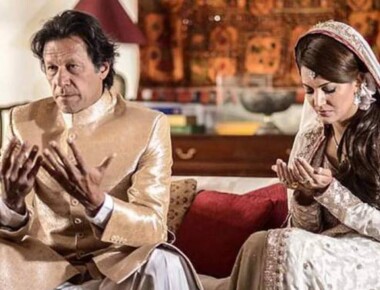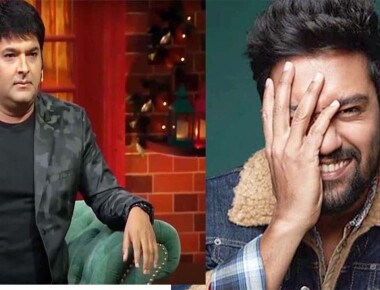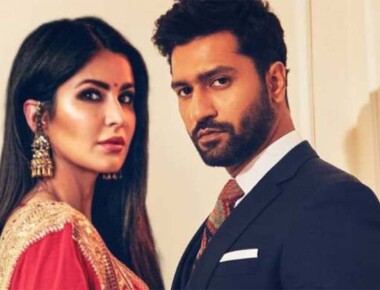The Kashmir Files talks about one genocide, but what about others confined to whispers and whisperers?

British historian Orlando Figes, in his book The Whisperers, explored the terrorised lives of ordinary people in Stalin’s Russia, a world where people were so afraid to talk that they spoke in whispers. “The Russian language has two words for a ‘whisperer’ — one for somebody who whispers out of fear of being overheard (shepchushchii), another for the person who informs or whispers behind people’s backs to the authorities (sheptun). The distinction has its origins in the idiom of the Stalin years, when the whole of Soviet society was made up of whisperers of one sort or other,” he wrote.
We, in India, have had our own share of whispers and whisperers who were witness to a million Hindu mutinies against the ravages of history “with its layer and layer of distress and cruelty”, as Sir Vidia Naipaul writes in India: A Million Mutinies Now. Unlike the Jewish Holocaust during World War II, there was not one Hindu Holocaust that has not been officially erased from the annals of history and the only way they could survive to this day was through whispers and whisperers.
Vivek Agnihotri’s The Kashmir Files gives voice to one such Holocaust, involving the Pandits of Kashmir. For long, one was made to believe that the Pandits went out of the Valley as if they were going on a holiday. They got up one morning in 1990, packed their bags, got their kids ready, and drove out of the Valley in their little cars. Only in the footnotes of the official narrative were we told that this had been a never-ending holiday, 32 years and still on!
What happens when whispers get a voice? It creates a melee of different emotions: The victims, so used to being silent for decades, find their voices choked. They cry. They hug. They even touch the feet of the man who gave them a voice — a filmmaker in this case. For years they were told what happened to them in Kashmir was not true. Maybe they had a bad dream, which got mixed up with reality. Even their kids, now a proper second or third generation refugees in their own country, wondered if their parents and grandparents actually went through what they have been claiming all this while.


